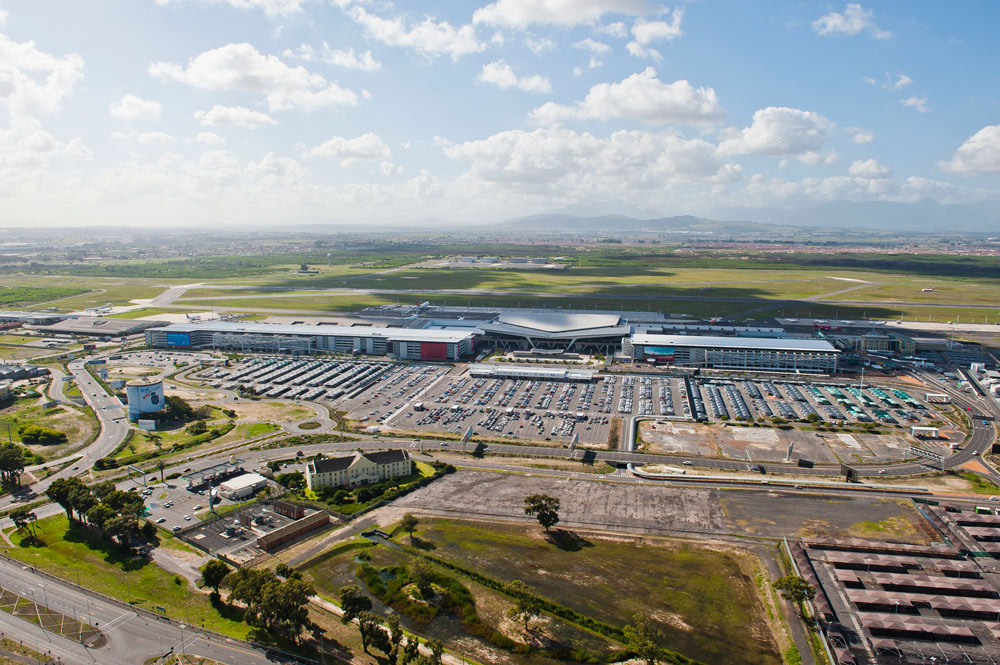The delayed arrival of jet fuel to Cape Town International Airport is causing disruption for some US Airlines. Earlier this month, United Airlines canceled an outbound and return flight to and from the South African hub. Days before departure, passengers booked on the affected flights received the following message:
“Your flight was canceled because we were unable to fuel your plane,” the airline said. United added the flight’s status may change and said it was working to re-accommodate its customers.

What’s causing the jet fuel crisis?
Airports Company South Africa (ACSA) announced in a statement that Cape Town International Airport is experiencing delays due to slowed delivery times of jet fuel from its supplier. As a result, the airport is having to ration fuel supply to airlines; some domestic airlines were rationed 50% of the fuel they normally fill up in Cape Town.
ACSA also requested that airlines refuel at other airports.
“Cape Town International continues to engage airlines and fuel suppliers to ensure a reduction in the uplift of fuel while maintaining operational continuity. This has ensured that flight disruptions are minimized, and to date, [only] one airline has had to cancel their international flight,” says ACSA spokesperson Gopolang Peme.
“We would like to urge international travelers to arrive at least four hours prior to departure as this will assist in their facilitation.”
Rough seas are the cause of the fuel shortage. Thus, Mother Nature is to blame for the significant delays in the delivery of oil to Cape Town’s port.
Rajesh Dana, port manager of the Cape Town Port told News 24 Business, “As the port, we are on high alert and tracking the vessel to ensure all resources are ready to receive it when it arrives. The vessel will be receiving berthing priority and we do not foresee any challenges servicing the vessel when it arrives.”
What happens next?
The tanker in question eventually made its way to Cape Town’s port. However, whether future flights will be impacted has yet to be confirmed. As it stands, the airport confirmed fuel reserves for up to four days.
ACSA says it will continue to work with airlines to limit the impact on flight operations. This includes reducing passenger loads.
ACSA is also encouraging passengers bound for Cape Town to monitor updates around the issue.
Related: United Airlines Expands Routes To 40 Destinations In Southern Africa | United Airlines Predicts Major Layoffs If Travel Doesn’t Pick Up By Fall





